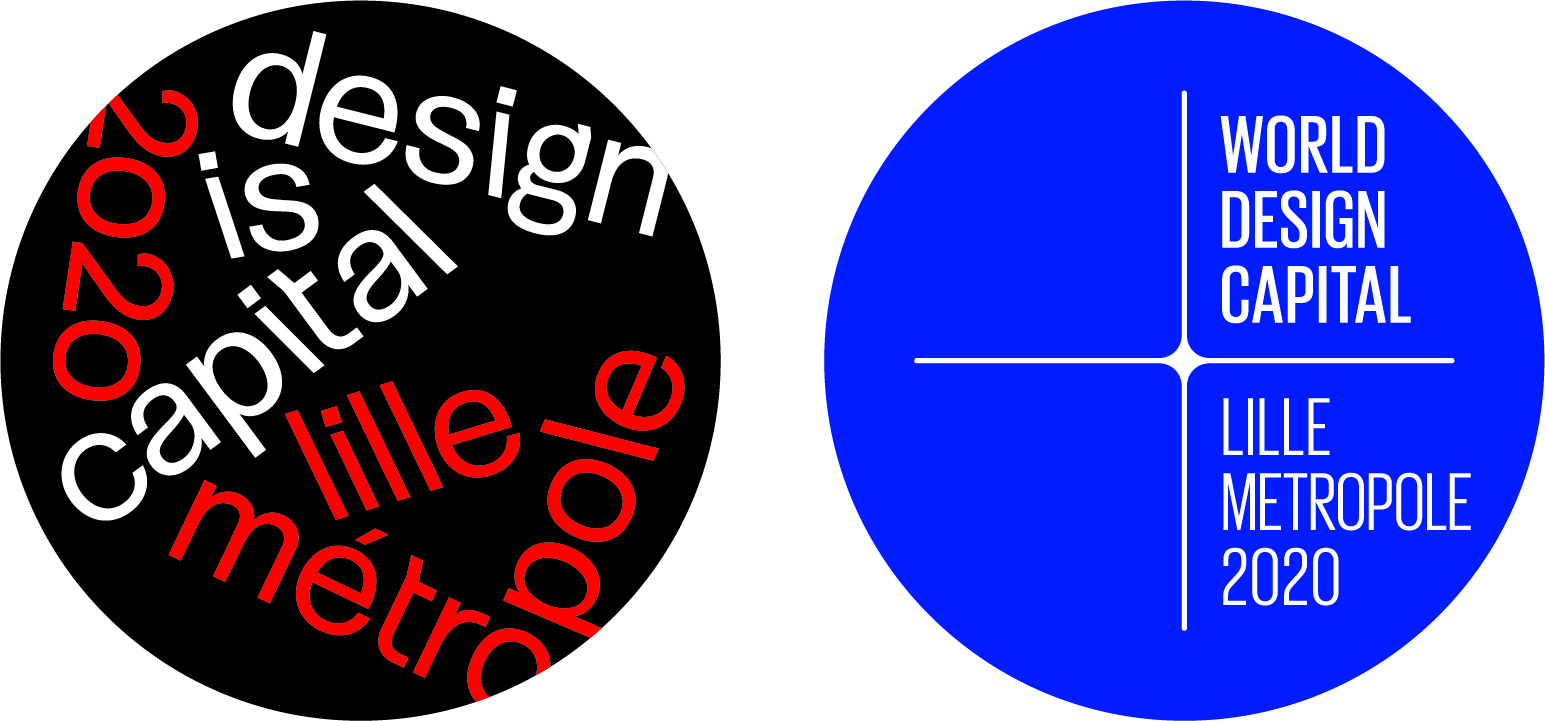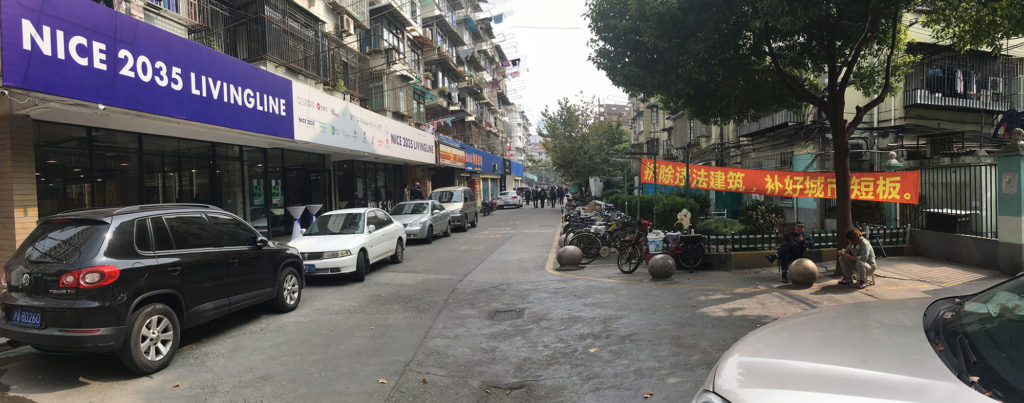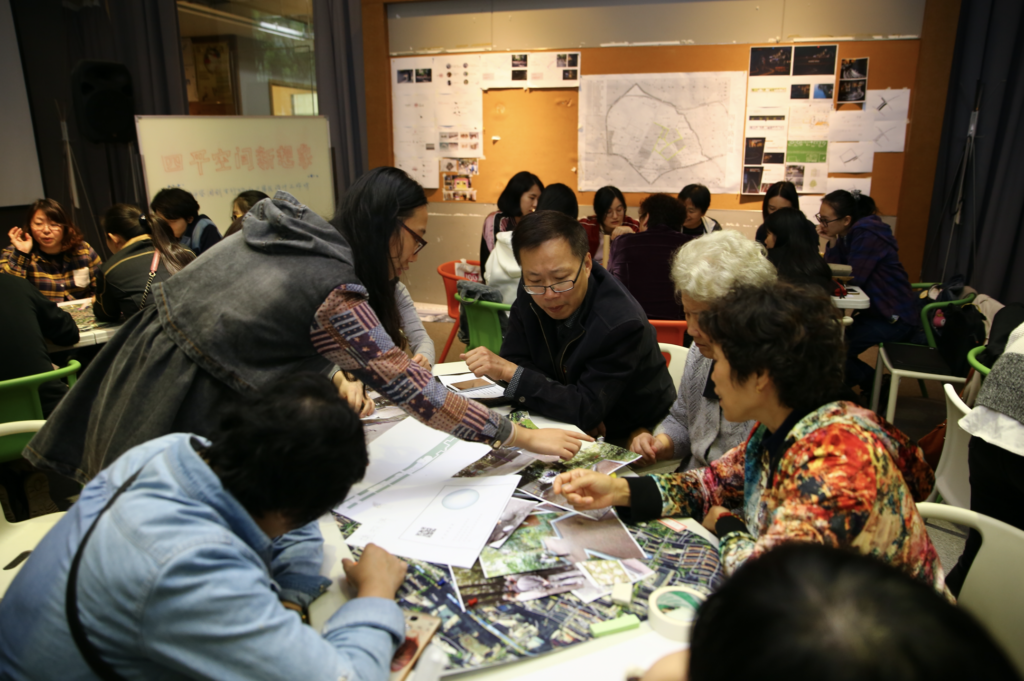POC NICE2035 Living Line
Neighbourhood of innovation, creativity and entrepreneurship
Should urban communities be seen as inherent parts city organisms?Underappropriate conditions, an urban community will lead the innovation chain rather than become its tail, and community members will become co-creators rather than merely consumers.
A community-supported ecosystem for future living
The Living Line is the first project under NICE 2035,whichstands for “Neighbourhood of Innovation, Creativity and Entrepreneurship by2035” a project put forward by the College of Design and Innovation, Tongji University.
NICE 2035 Living Linewas developedin collaboration with the local administrative authorities ofthe Siping community. While there is great demand for social and economic innovations that address the challenges the city faces today, urban communities, and especially old ones, lack the vitality needed to support the city to achieve its goal.
Urban communitieshavelong been seen solely as placesfor living and of leisure, and therefore placeswhere innovation isconsumed but not generated. NICE 2035 Living Linechallenges this dominant view of communities and adopts a design-driven approach to build an ecosystem of innovation and entrepreneurship on a small street within an old residential community where the college resides. Within this ecosystem, labs and start-ups produce diverse prototypes of alternative ways of living. As a result, the Living Lineis turning into an environment whereinresearchers, designers and scientists explore how we will eat, live, dress, work, move and consume entertainmentin the future, and how technologies such as AI, big data and robotics can become enablers.
A safe and open space
Ourday-to day lifehas changed a lot since the imposition of the Covid19 lockdown, which highlighted the need of a 5-minute daily community life like NICE2035Living Line. Many teachers, students and researchers came here to study and work while the university campus remainedclosed. This is whythe city needs more spaces thatprovide one-stop life servicesfor all ages, dynamic and open communication spaces, safe and comfortable streets, diverseandaffordable housing, employment, entrepreneurship and learning environments.
- Porteurs de projet/Project holders :Tongji DESIS Lab,College of Design and Innovation- Tongji University
- Designers :Yongqi Lou, AdloCibic
- Acteurs/Stakeholders : autorités administratives locales de la communauté de Siping/ local administrative authorities in the Sipingcommunity,Angel+Creative Lab,AstonMartinLagondaCreative Lab,CreaterWorking-Space Lab,Design Harvests Rural Lab,FablabO Maker Workshop,HaierFood Lab,Neuni Material Lab,Tongji-DadawaSound*Lab,021-NICE Incubator
- Crédits photo / photo credits: Tongji DESIS Lab,College of Design and Innovation- Tongji University


